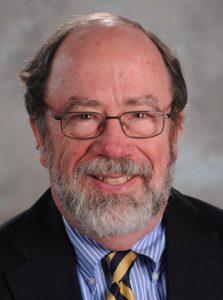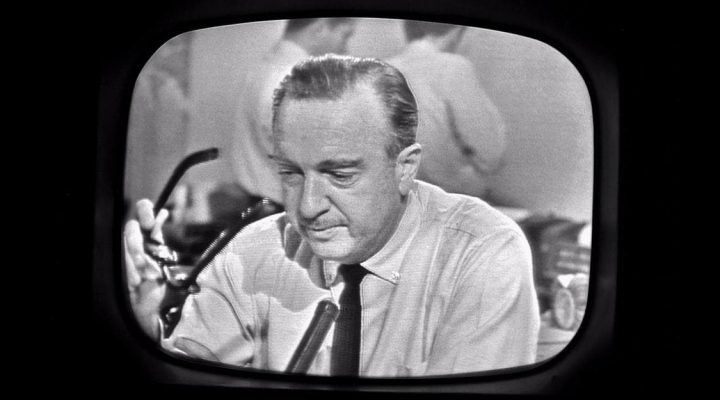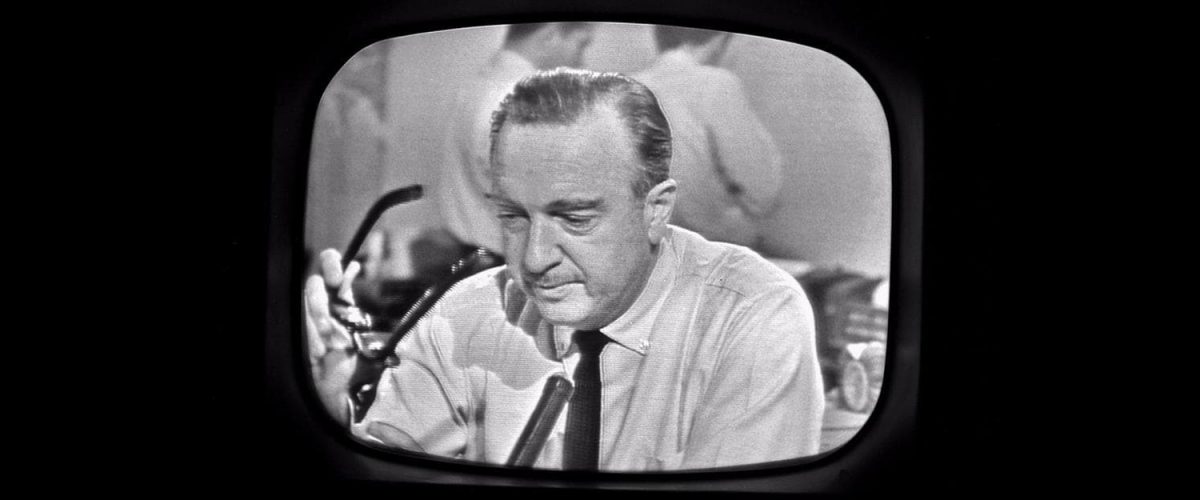November 22, 1963, was a Friday. It began normally. I was a junior at Tallulah High School in Tallulah, Louisiana. After lunch that day we were scheduled to attend an assembly in the gymnasium. Between lunch and the assembly word came that John Kennedy had been shot in Dallas. One student was holding a transistor radio above the group, and he seemed quite happy that the President had been injured.
We went into the assembly, and on that occasion I was inducted into the National Honor Society. After the assembly was over, we heard that Kennedy had died. I went to my afternoon English class. I don’t remember what took place in class that day, but the sky became dark with clouds and rain. A sad occasion was punctuated by weather which added a somber note to it all.

Stuart Sprague
That day was the last day I attended Tallulah High School. My father’s job had been terminated, and he had found one in St. Louis, Mo. He had purchased a home in the suburb of Clayton, and we were moving the next day. I drove my mother and sister because my mother’s illness limited her ability to drive. It was a heavy responsibility for a sixteen-year-old, but I had been fully licensed for over a year by then.
Tallulah was a town fully invested in the Jim Crow South. Abraham Lincoln’s map of the Confederacy showed that 88% of the residents of Madison Parish, Louisiana, were slaves, and not a lot had changed since that time. It was my mother’s home, and my grandparents were pillars of the community.
The next week I became a junior at Clayton High School, Mo. Kennedy’s death had changed America, but I was not initially aware of how much moving to the big city of St. Louis would change me. As I look back, America and I were in for some major transitions. Moving from a town of 10,000 people to a city with a symphony orchestra, a planetarium, a world class zoo, a major league baseball team, a summer outdoor season of plays and musicals, a major art museum and a downtown full of skyscrapers was like opening Pandora’s Box for me. We also found a wonderful Southern Baptist Church in which to worship and grow. My educational path, my two degrees at the Southern Baptist Seminary, my choice of a mate, my career as a professor and medical educator all flowed out of that transition.
There were, and still are, wonderful people in Tallulah. My beginnings there formed a solid foundation on which to build. At the same time, there were realities of separation and racial injustice that I could not have seen so well if I had not moved into a totally different environment. In fact, the high school I attended in Clayton was made up of mostly Jewish students, and my appreciation of the Jewish roots of my Christian faith has been a lifelong gift of friendships and classes I had there.
My story is not unique. It is like so many others which tell of pivotal moments and persons which made a difference in the course of so many lives. It just so happens that mine occurred on November 22, 1963, and I will always think of that day as the occasion on which my life took a new direction.
Do you have a memory of Nov. 22, 1963? Share it with us at BNG. Send your stories to Mark Wingfield.
Stuart R. Sprague is emeritus professor of religion and philosophy at Anderson University and held clinical appointment as associate professor of family medicine at the Medical University of South Carolina. He earned a bachelor of science degree in chemistry from Duke University and a master of divinity and Ph.D. from Southern Baptist Theological Seminary in Louisville, Ky. He and his wife, Sarah, are active members of Boulevard Baptist Church in Anderson, S.C., where he participates in a Community Remembrance Project in conjunction with Equal Justice Initiative.
Related articles:
November 22, then and now | Opinion by Bill Leonard
The fifth freedom: freedom from hate | Opinion by Jimmy Allen


